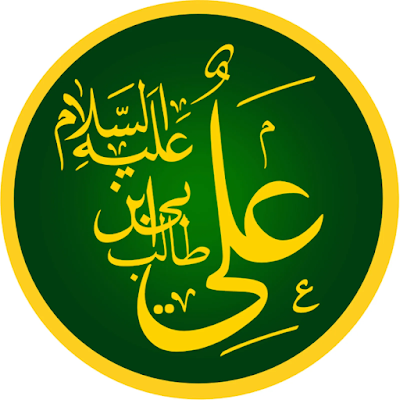mughal sultanate

T he Mughal Empire was one of the most powerful and influential empires in South Asia, which lasted from the early 16th century to the mid-19th century. It was founded by Babur, a Chaghatai Turkic-Mongol prince who established the empire after defeating the Sultan of Delhi in the Battle of Panipat in 1526. Over the next few centuries, the Mughals would expand their empire across the Indian subcontinent and become known for their art, architecture, and cultural achievements. One of the most significant Mughal rulers was Akbar the Great, who ruled from 1556 to 1605. Akbar was known for his progressive policies and tolerance towards different religions and cultures. He abolished the jizya tax on non-Muslims and encouraged interfaith dialogue and marriages, which helped to promote harmony between Hindus and Muslims in his empire. He also founded a new religion, Din-i-Ilahi which blended elements of Islam, Hinduism, Zoroastrianism, and Christianity, though it failed to gain widespread...



